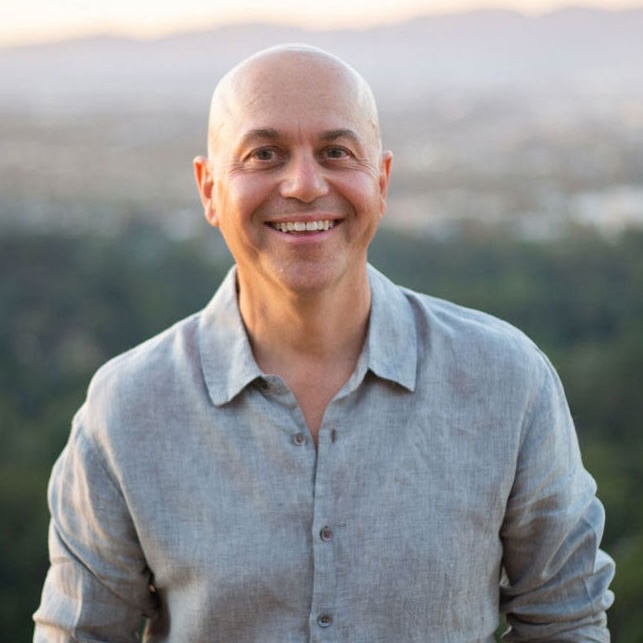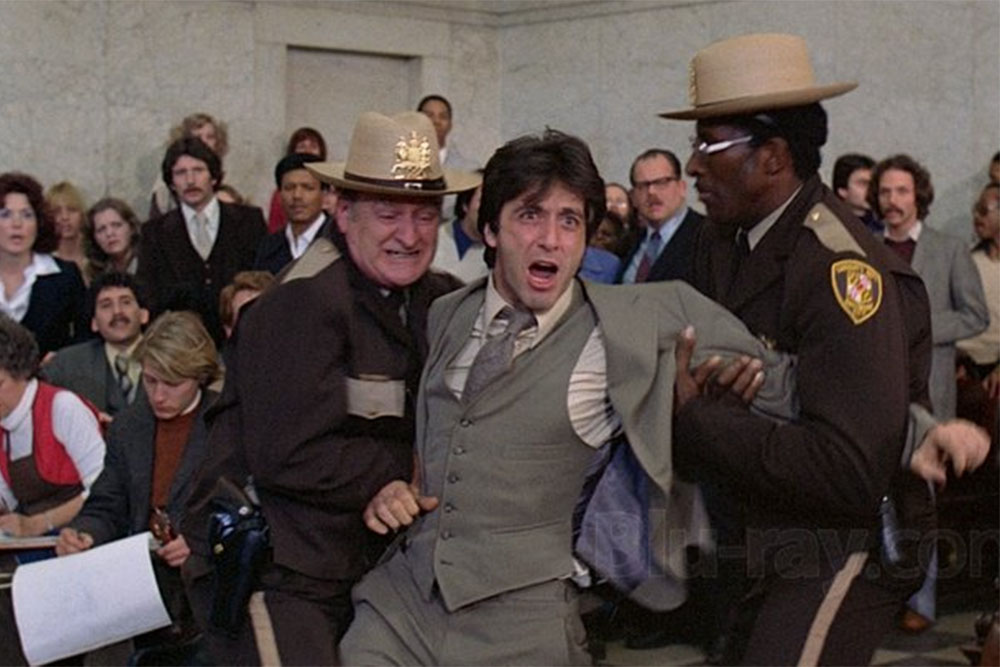There are times, as storytellers, when we can be so bull-headed about what we want to express, that we end up pushing an agenda rather than telling a story. We create "good guys and bad guys," and in …
Writing the Reluctant Protagonist
“My aim is to put down on paper what I see and what I feel in the best and simplest way.”- Ernest Hemingway Allow the Protagonist to Feel Reluctance No one likes change. The unknown is scary. The …
Stay Curious
“The curious are always in some danger. If you are curious, you might never come home.” - Jeanette Winterson When my son was three years old, he was Captain Hook for Halloween. It was …
Dramatizing Character
“And the day came when the risk to remain tight in a bud was more painful than the risk it took to blossom.” – Anaïs Nin Good writing is a synthesis of ideas and instincts working in concert. …
Taking Off the Mask
"Courage is the price that life exacts for granting peace." - Amelia Earhart In Jerry Stahl’s memoir, Permanent Midnight, he shares his story of being a successful television writer by …
Who is My Protagonist?
Some of you may be writing ensemble screenplays with multiple storylines and scratching your head wondering who your protagonist is. The key is two-fold. First, find the character that drives the …
Blind Spots in Your Story
It is human to have blind spots, and often convenient to be in denial about certain aspects of ourselves. This is natural, or, at least, common. Humans are not logical, and stories both great and wild …
The Power of Curiosity
Story creation often begins with an idea or an image that ignites your imagination. You become curious, wanting to know more, to see how it is going to play out. The desire to write is connected to …
Using Your Credo to Create Story Conflict
(Image from And Justice for All, 1979) You can't have story without conflict. As writers, it is important to investigate and become conscious of what we feel strongly about. Find those issues that …
Act One: Maintaining Tension
“A writer writes not because he is educated but because he is driven by the need to communicate. Behind the need to communicate is the need to share. Behind the need to share is the need to be …
Most popular posts
Blind Spots in Your Story
It is human to have blind spots, and often convenient to be in denial about certain aspects of ourselves. This is natural, or, at least, common. Humans are not logical, and stories both great and wild can emerge from this. By exploring the nature of our protagonist’s dilemma, our story’s structure reveals itself. This allows …
Read MoreDramatizing Character
“And the day came when the risk to remain tight in a bud was more painful than the risk it took to blossom.” – Anaïs Nin Good writing is a synthesis of ideas and instincts working in concert. Letting either one of these elements bind you can throw your writing out of balance. We have …
Read MoreStay Curious
“The curious are always in some danger. If you are curious, you might never come home.” – Jeanette Winterson When my son was three years old, he was Captain Hook for Halloween. It was fascinating to watch him. He cared way more about playing pretend than he did about the candy. It would have been …
Read MoreThe 90-Day Screenplay
The 90-Day Screenplay™ is a Live-on-Zoom workshop with Alan Watt that will take you from initial idea to the completion of your screenplay in 90 days.

Recent Posts
Shedding the Idea for Truth in Writing
It’s not just first-time novelists or screenwriters that struggle with getting their story from the imagination to the page. Every writer struggles with this. Here’s the thing: Our idea of our story is never the whole story. When a writer holds onto his idea of the plot, he tends to get stuck. By exploring the …
Read MoreThe Protagonist’s Experience
Regardless of the medium, your reader is not interested in what your character is feeling. Seriously. In fact, if you tell your reader that Bill felt sad, dejected, elated, euphoric, or glum, your reader might begin to feel irritated. Why? Because in the context of story, feelings don’t mean anything, and the purpose of story …
Read MoreBackstory
“The past is prologue.” – William Shakespeare When we are stuck, it is inevitably because some part of our backstory is unclear. Backstory refers to what happened before our story began. A clearer understanding of our backstory will inform our characters’ present circumstances. The challenge in clarifying backstory is to not force it to conform …
Read MoreOur Characters are Malleable
“Nothing changes more constantly than the past; for the past that influences our lives does not consist of what happened, but of what men believe happened.”– P.L. Berger In the rewrite we’re like detectives, trying to get to the essential truth of this fictive world we’ve created. Through this process, it’s important to understand that our characters are often …
Read MoreNarrative Drive
“The purpose of narrative is to present us with complexity and ambiguity.”— Scott Turow If you’re rewriting and a point in your story feels flat, here are some questions you can ask yourself: 1) What does my protagonist want? 2) What is my protagonist’s dilemma? 3) What is happening right now in my story that …
Read More- « Previous
- 1
- 2


















